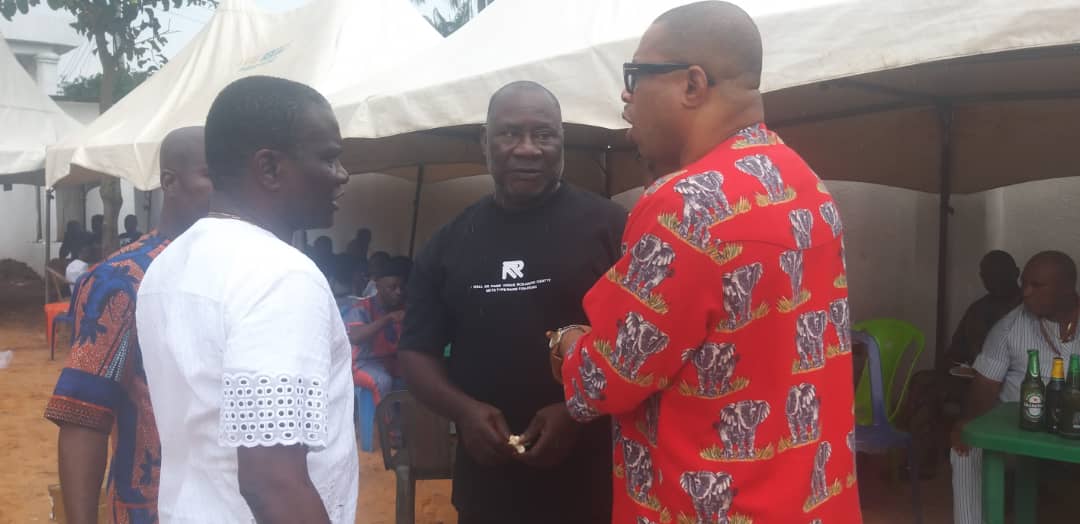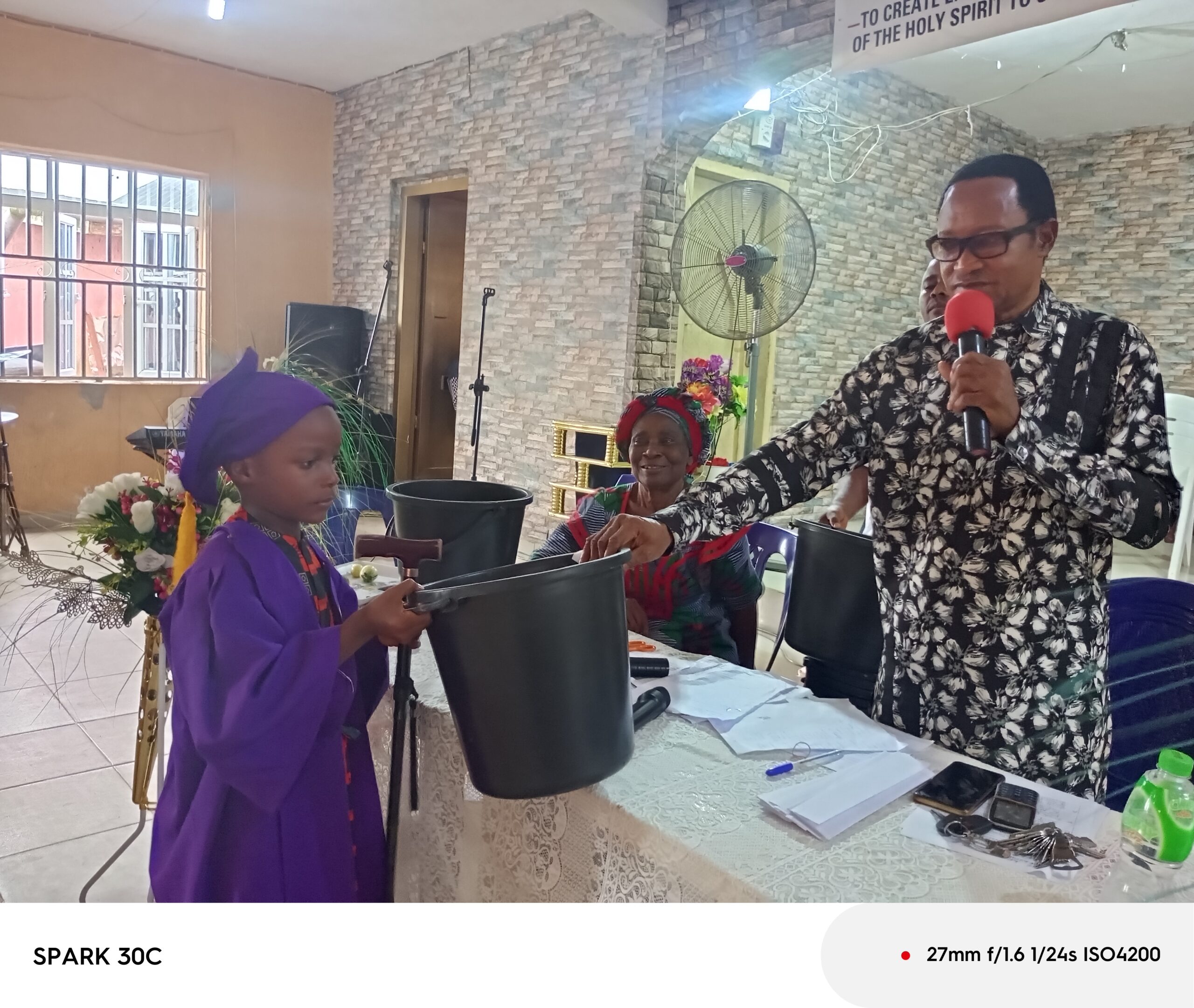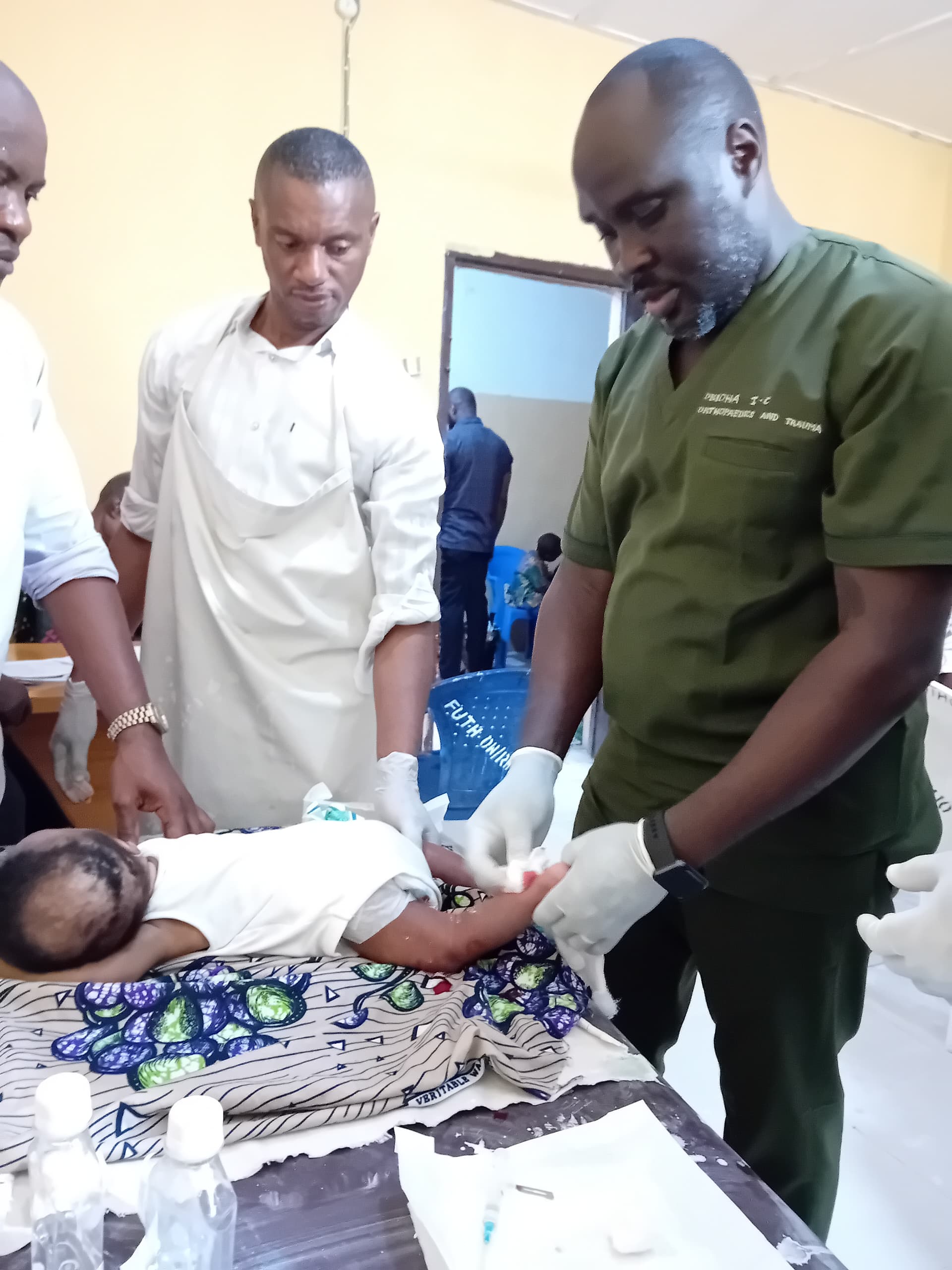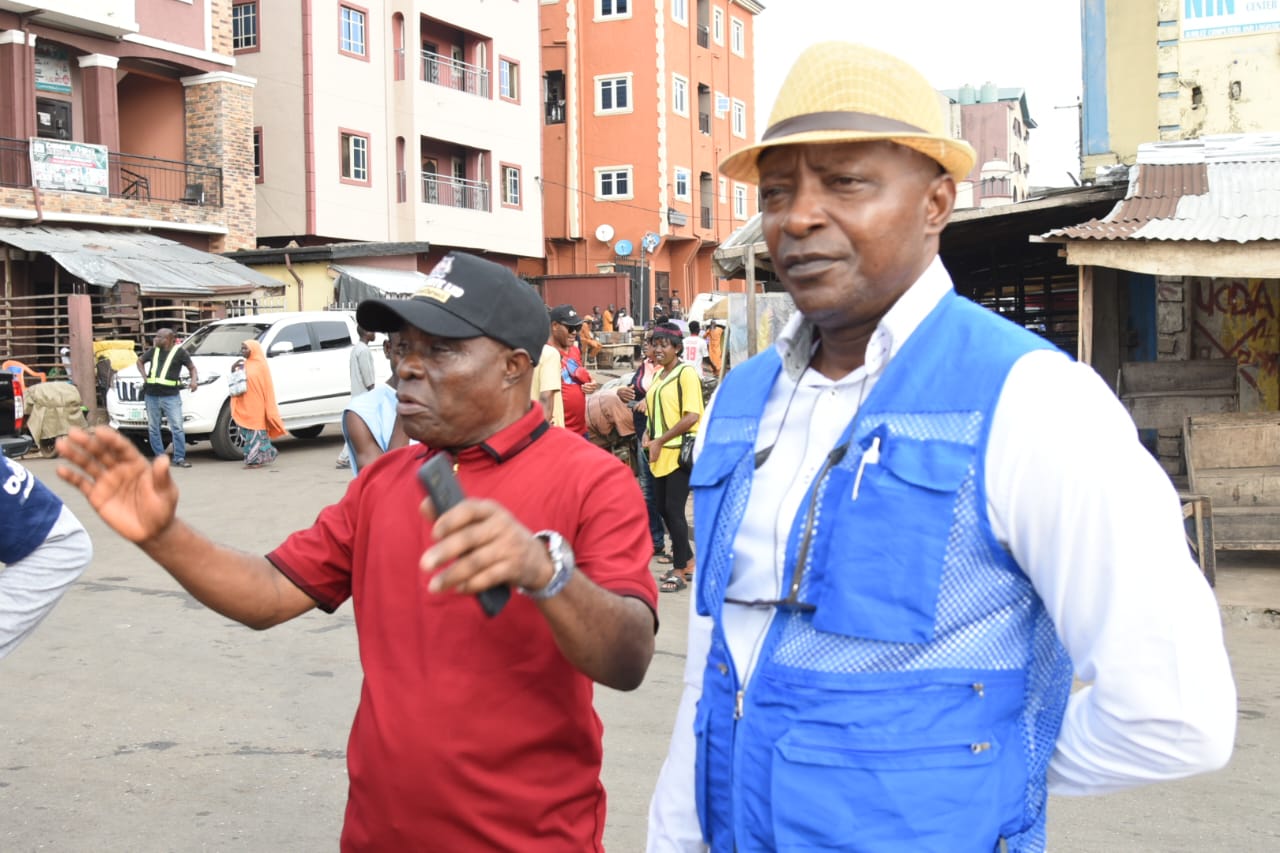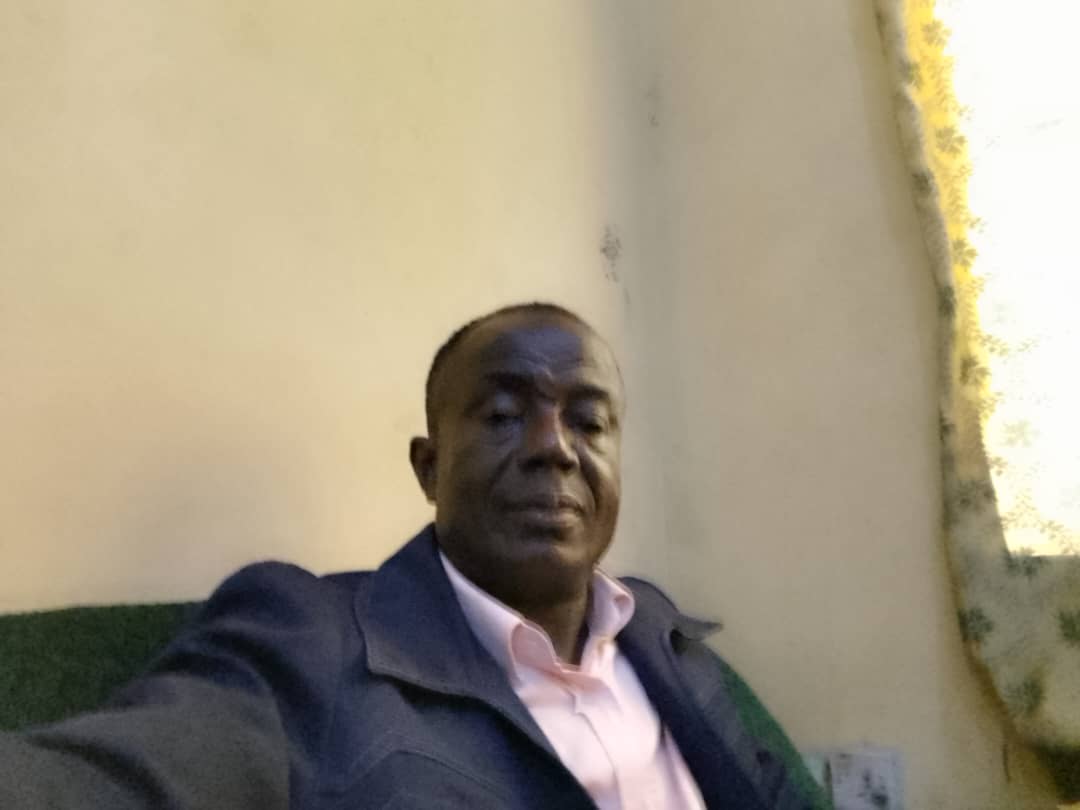
From TCNEWS
The Methodist Church Nigeria’s Lay Presidents Conference marked a significant milestone as it celebrated its 40th anniversary at a colourful gathering held at the Methodist Theological Institute in Umuahia, Abia State. The event, which began with a solemn Eucharistic service, brought together leaders from nearly all dioceses of the church for a time of spiritual reflection, policy deliberation, and renewed commitment to church growth and nation-building.
Sir Johnson Chukwu, Lay President of the Methodist Church Uzuakoli Diocese and Chairman of the National Organizing Committee, spoke to journalists shortly after the opening service, shedding light on the vital role of lay leadership within the Methodist structure.

“The Methodist Church stands on a tripod: the Lay Conference, the Bishops Conference, and the Knights Conference,” Sir Chukwu explained. “The Lay Conference drives key decisions, guiding how we grow our congregation, deepen spirituality, and expand our mission to win souls.”
With 104 of the church’s 110 dioceses registered for the landmark event, including international dioceses, the gathering reflected the unity and global presence of the Methodist Church Nigeria. Sir Chukwu emphasized that decisions made at the conference would have far-reaching implications for the entire church.
The relationship between the Lay Presidents and the Bishops was likened to two supportive legs of the church, with the former representing the congregation and the latter, the clergy.
“There can be no church without the clergy, and no clergy without a congregation,” he noted. “We support each other for the orderly growth and development of the church.”

He further reiterated that the conference serves as a platform for collective spiritual growth and leadership development among lay members—men and women who have voluntarily chosen to serve God in their various capacities.
Sir Chukwu also highlighted the Methodist Church’s longstanding contributions to national development in Nigeria. According to him, the church has historically been at the forefront of social and educational reform, citing institutions such as Methodist College Uzuakoli, Royal Hospital Ugwueke, and Nkechi Conwell Hospital in Bende Local Government Area as enduring legacies of Methodist missionary work.
As the conference continues, participants are expected to deliberate on new strategies for evangelism, community service, and deepening the church’s international footprint. The underlying message remains clear: to populate the kingdom of God and depopulate the kingdom of darkness through unified action and spiritual conviction.
Also, the event underscores the integral role of lay leadership in the governance and expansion of faith-based institutions. It also highlights the Methodist Church’s continued relevance in both spiritual and societal spheres, reminding global audiences of the enduring relationship between faith, service, and nation-building.

“Our role extends beyond the pulpit. We are deeply invested in touching lives positively, educationally, medically, and socially,” he said. “This is why the Methodist Church has remained a beacon for those seeking salvation and societal transformation”, Chukwu stated further.

